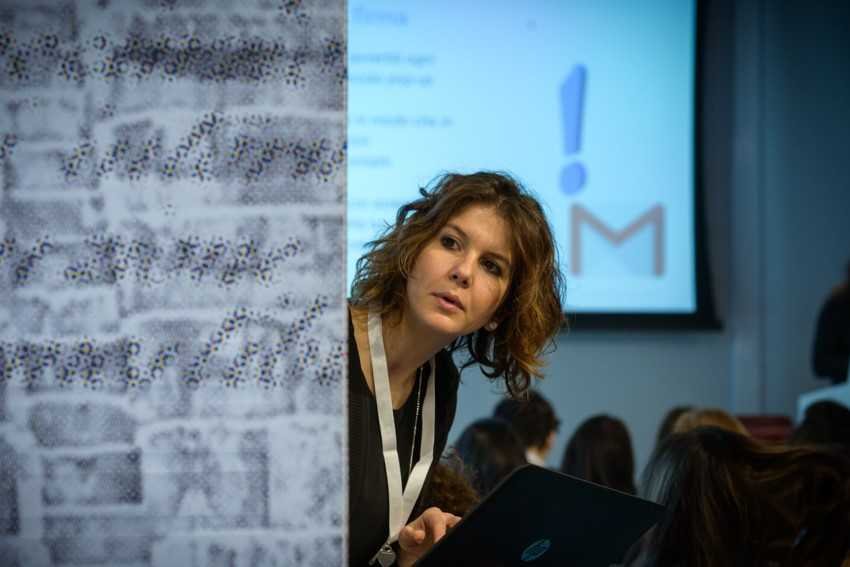In this ever increasing period of financial and economic instability we may find ourselves asking the question “is it really worth it?”… in a time where our personal lives become increasingly suffocated by our professional lives, with an intensity and velocity that often fuels feelings of uncertainty, we need to carve time out for ourselves to keep our lives alive and on the right track.
Taking a gap year does not necessarily refer to a period that literally lasts one year. Even shorter periods may offer a lot, in terms of recharging your batteries and seeding new ideas.
A sabbatical year is time out from the normal course of study or work, it is a chance to take a break to follow your dreams and at the same time to extensively improve your Professional Skills:
– Self-confidence and determination: the most important take home message from a sabbatical period is that your goals can be reached and it only depends on you. After carrying out such an important feat, and after having visited far off places, from one day to the next, it will be easier to re-dimension everyday problems and to see things in a new light.
– Getting used to be out of your comfort zone: each day of a sabbatical is a new adventure and far from routine. Every place we visit, every situation we face is new and we will get used to the ‘thrill’ of these new adventures.
– Flexibility: we do not know what kind of day has awaits us. Waking up in a new place requires us to get out of bed and explore and adapt to the new situations and people we meet.
– Think out of the box: traveling teaches us not to take anything for granted and to embrace new situations and people on a daily basis, obliging us to question the preconceptions and habits that we have built up over the years.
– Plan, Project & Execute: moving from the dream of a sabbatical to its execution takes courage and planning. We have to understand all obstacles which are between the ‘as-is’ and ‘to-be’ and overcome each of them. Moreover, while we need to be quite precise about issues like budget, visa, health, we need to stay flexible and find the right planning balance for location, accommodation, etc. to leave the trip very open to the unexpected.
– Reliability: People who dream of such an experience or who have taken time-out are frequently considered unreliable. On the contrary, such individuals are more likely to be responsible, dynamic, and typically have traditional scholastic and career backgrounds. Once they will take on board a new professional adventure, they will likely will be more determined and conscious about the reason they are doing it.
Traveling also makes us aware of the fact that we are responsible for our own lives and that we have the power and ability to do anything. This makes us more resistant to the judgment and conditioning that we receive from the outside, because when we need to, we will not be afraid to speak up. Our priorities will become clearer and we will be able to make difficult decisions. This type of “mental spring cleaning” that comes from traveling will help you to better organize your lives with a greater sense of liberty. Understanding the things that really count will push you in the right direction.
The knowledge that you are capable of organizing trips that were previously believed to be impossible will lead you to set increasingly more ambitious goals. You will have more energy to take your plans to fruition, even when faced with the biggest hurdles. You will feel more alive and ready to throw yourself into new ventures, relying entirely on your newfound intuition. Every time a target is met, the next will already be in sight.



